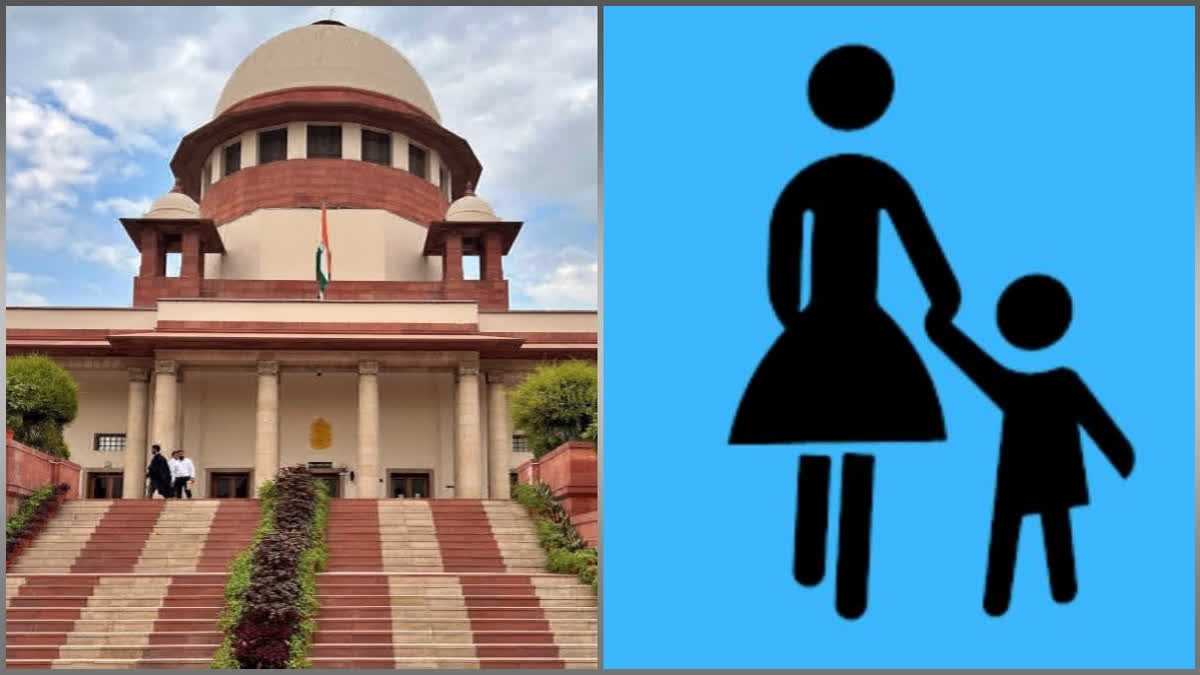New Delhi: The Supreme Court on Monday ruled that denying child care leave to working mothers of disabled children violates the constitutional mandate for equal participation of women in the workforce, while stressing that this participation is not just a matter of privilege but constitutional entitlement.
The apex court stressed that the provision of Child-Care Leaves (CCL) to women subserves an important constitutional object, and denying the same to mothers of children with disabilities would violate the constitutional duty to ensure equal women participation in the workforce.
A bench led by Chief Justice of India D Y Chandrachud and comprising Justice J B Pardiwala was hearing a plea by a woman, a professor in a state university, against the Himachal Pradesh High Court order, which dismissed her plea seeking Child Care Leave in terms of Rule 43-C of Central Civil Service (Leave) Rules, 1972.
The woman's son suffers from a genetic disorder which required him to go through numerous surgeries, resulting in his mother exhausting all her sanctioned leaves. Advocate Pragati Neekhra represented the petitioner before the court.
During the hearing, the CJI asked the counsel representing the Himachal Pradesh government whether they give any child care in Himachal Pradesh, and in the event of a child falling sick, does the mother have to resign?
“The state must give child care leave," said the CJI. The state government counsel requested the court to give him some time to seek instructions in the matter. The petitioner’s counsel argued that she is also taking shield under the Disability Act and under Section 80, powers are given to the state commissioner to recommend and that power can be exercised.
The apex court noted that the 14-year-old son of the petitioner Shalini Dharmani, an assistant professor in the Department of Geography at a government college, suffers from rare genetic disorder, Osteogenesis Imperfecta, and has undergone several surgeries since birth. The court said the petitioner's son requires continuous treatment and surgical intervention to survive and lead a normal life.
The CJI noted that due to the treatment of her son, the petitioner has exhausted all her sanctioned leaves and the Rule 43-C of the Central Civil Service (Leave) Rules, 1972, provides for grant of child care leave.
“By an office memorandum March 3, 2010, the Union government permit child care leave for women employees for differently abled children up to the age of 22 years (instead of 18 years)….the petitioner was informed…..the Himachal Pradesh has not adopted the provision for child care leave, such leave cannot be sanctioned to her”, said the CJI.
